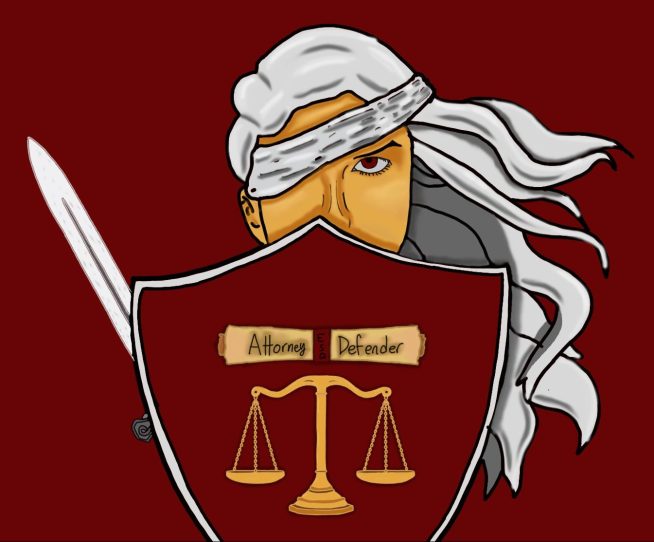Rule 1.6 of the Georgia Rules of Professional Conduct grants a broad right of attorneys to use confidential information for their own defense. The case just decided by the Georgia Supreme Court addressed a slight corollary of that issue: what privilege exists as to the work done by a non-party law firm involved in the representation of the Plaintiff?
In a case of first impression, the Georgia Supreme Court held that a malpractice suit waived the plaintiff’s attorney-client privilege as to third-party attorneys involved in related representation:
Under longstanding Georgia law, when a client sues his former attorney for legal malpractice, the client impliedly waives the attorney-client privilege with respect to the underlying matter or matters to the extent necessary for the attorney to defend against the legal malpractice claim. The issue presented in this appeal is whether the implied waiver extends to the client’s communications with other attorneys who represented the client with respect to the same underlying matter, but whom the client chose not to sue. [Procedural history omitted] We hold that when a client sues his former attorney for legal malpractice, the implied waiver of the attorney-client privilege extends to the client’s communications with other attorneys who represented the client with respect to the same underlying transaction or litigation.
The representation had a complex factual background. As described by the Court, the individual client and two of his business entities had invested in a California aerospace company. The law firm provided advice that included termination of the company president. But, the law firm also allegedly had an attorney client relationship with that president (Miller), and the aerospace company. The law firm did not disclose or obtain written waivers of any potential or actual conflicts of interest resulting from prior or ongoing representation of the aerospace company or Miller. Two lawsuits were filed, and the defendant law firm represented its client and his related entities against the aerospace firm and Miller. Miller filed a motion the Georgia lawsuit to disqualify the defendant law firm, which was granted. The defendant law firm then withdrew from the California lawsuit.
In the resulting legal malpractice suit, the defendant law firm sought discovery:
…among other things: (1) Holland & Knight’s file for any corporate work performed for Plaintiffs regarding [the aerospace company,] Miller, another named individual, and another named company; (2) Holland & Knight’s litigation file for the Fulton County lawsuit; (3) Holland & Knight’s litigation file for the California lawsuit; and (4) all correspondence related to that corporate work and the Fulton County and California lawsuits, including communications between Plaintiffs and Holland & Knight.
Both Plaintiff and Holland & Knight asserted privilege and sought a protective order. The trial court denied the protective order because it was undisputed that Holland & Knight together with defendant law firm represented the plaintiff in connection with the matters that are the subject of the legal malpractice complaint, and thus the plaintiff had “waived the attorney-client privilege and work product protection concerning Holland & Knight . . . by asserting the present legal malpractice claims.”
After declaring this issue one of first impression, the Georgia Supreme Court reviewed the state law on attorney-client privilege and implied waiver:
A similar rationale requires recognition that the implied waiver of the attorney-client privilege extends to other attorneys who represented the plaintiff-client in the same underlying matter. … Thus, by suing [defendant law firm] for legal malpractice, Plaintiffs have put at issue questions of proximate causation, reliance, and damages, all of which may have been affected by other attorneys who represented Plaintiffs in the same matters underlying Plaintiffs’ malpractice complaint.
The Court of Appeals should have affirmed the trial court’s ruling that Plaintiffs were not entitled to a protective order based on attorney-client privilege.
Because the Court of Appeals found no wavier of the privilege, it did not address the work product protections argued in favor of the protective order. The Supreme Court remanded the work product analysis to the Court of Appeals.
This opinion is consistent with the general principles of Rule 1.6 that clients should not be able to make claims against attorneys while using privilege as a means to limit their attorneys’ defense.


